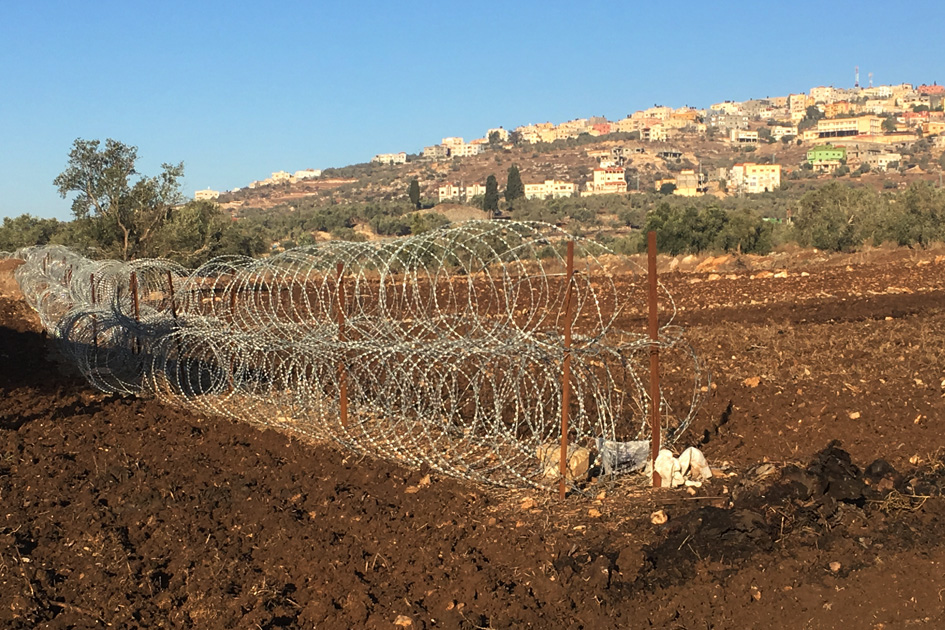Barta'a-Reihan, Tura-Shaked, Ya'bed-Dotan
06:00 – Barta’a-Reihan Checkpoint
A line that splits into two “tails,” crowded with workers who arrive at the main road. Every face is aware of the only turnstile, through which about 60 workers pass through each time it opens. The pause between each group that enters is longer than usual. At the entrance to the terminal there is also a line, although short, but constant. Two workers turn in their tracks. One discovers today that he is prohibited by police from entering. The second discovers he is prohibited by the General Services because his brother or a cousin is in prison. Aliya, who works with Sylvia, takes down the details.
06:45 – Tura-Shaked Checkpoint
It looks like the checkpoint was opened today on time. Next to the turnstile from the second passageway, already no one is waiting. Cars pass through quickly from side to side (of the checkpoint). At 07:05, the younger, smaller pupils start to arrive. For some reason, they pass through by way of the inspection room; they enter and exit immediately from the second passageway.
07:15 – We decide to return to Barta’a Checkpoint, to check the situation of the line. From the road it now looks like everyone who arrives passes through the turnstile immediately. The truck loaded with vegetables that was parked in the big parking lot, goes up to be inspected.
Ya’bed-Mevo Dotan Checkpoint

area next to Ya’bed
The checkpoint is not manned; there is just a pillbox (watchpost). The cars zig-zag between the concrete obstacles and continue on their way. We start to move and notice a strange thing: out of the blue, opposite the checkpoint, in the heart of the olive groves that stretch out between the road and Ya’bed, a two-tiered, curled barbed-wire fence appeared, shining in the sun. We drive slowly and follow the new fence. We arrive at a turn in the muddy road, turn, travel a distance and continue on foot. The new fence reaches to the right of the road and continues from the left a bit inside, beyond the hothouse. Two workers arrive and tell us that the fence was installed two months ago to prevent, according to the claims of the soldiers, stones being thrown at the cars. From time-to-time an army jeep arrives to guard the passage between the fences. Such is the “Occupation,” says one of the men. We continued to travel on the road until the locked checkpoint (the yellow arm that prevents the residents of Ya’bed from shortening the road to Barta’a Checkpoint). We crossed it by foot and discovered the barbed-wire fence from two sides of the road, truly between the olive trees. We were shocked at the malicious dissection of the grove and from the enormous investment in what appears to be more like maltreatment of the farmers’ difficult days than prevention of stone-throwing.
